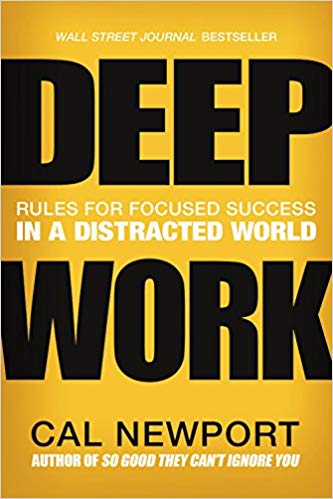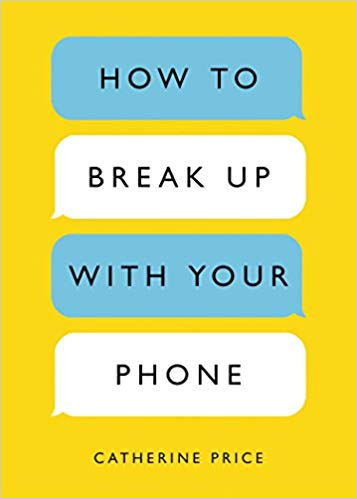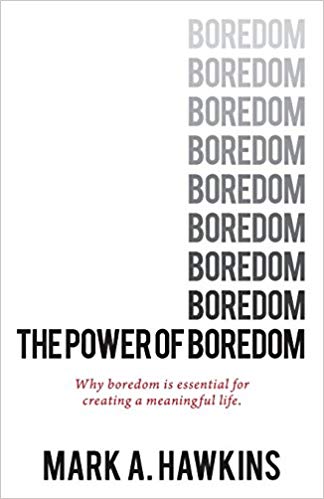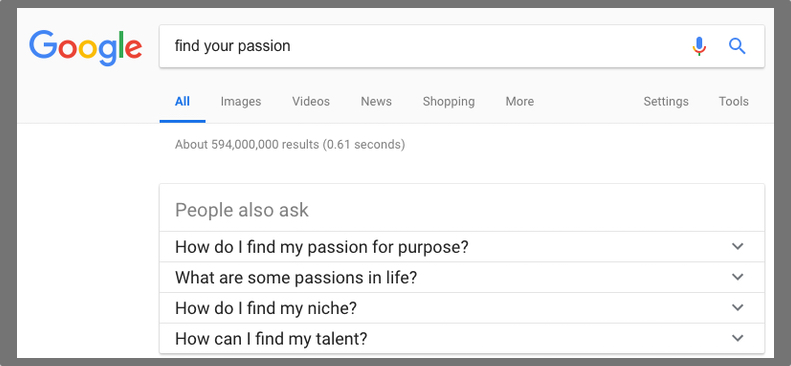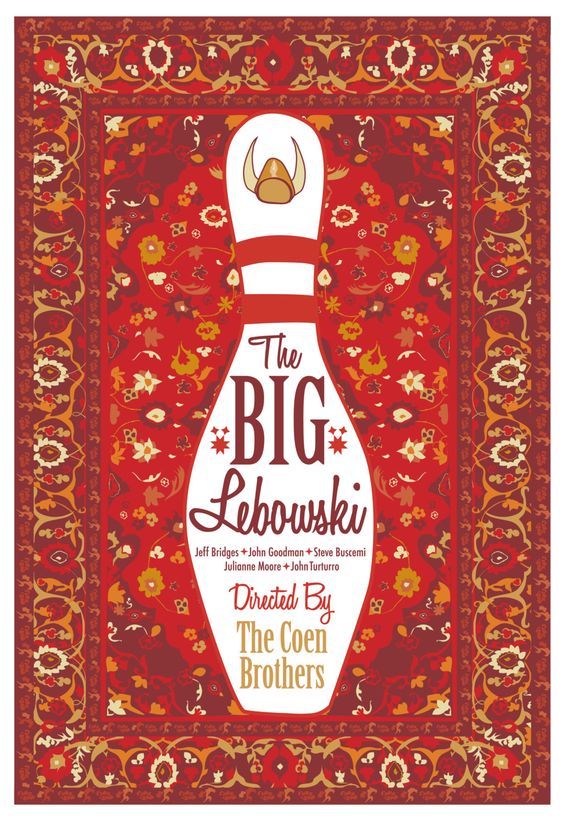Sexual assault happens in your community, on your campus… at your alma mater, regularly. So do other forms of interpersonal violence.
It happens here at Miami University… at Ohio’s “public ivy“… in the #1 Best College Town in America. And, assuming Oxford is similar to the national average, reported cases only account for 26% of the total that occur.
Miami launched a chapter of the It’s On Us initiative in 2015 (check out the video below). But, to be honest, I’m disappointed about how little we really talk about this problem or what each of us can do to help stop it.
I highly recommend you support this organization and other efforts to stop violence and assault (no matter where it happens). But don’t stop there. Facebook campaigns and awareness efforts can help, but maybe the most meaningful thing we can do is take action, as members of the campus community. That means talking about these issues together and taking responsibility for the safety of others around us day-in and day-out.
STUDENTS – Are you alert and aware of what’s happening around you with respect to your own safety AND the safety of others (especially in situations where the risk is higher)? Are there people around you that are at risk and are you ready to step in and intervene to help keep them safe? Are you calling out people who say and do things that make assault seem justified or normal? Are you willing to sacrifice your own comfort and convenience to help protect someone else?
FACULTY & STAFF – Are we accepting that, as members of this community and ones in whom our students put their trust, their safety and welfare are our concern even when they’re not with us in the classroom? Are we willing to proactively address this problem and talk about it with our students? Are we willing to hold ourselves and our administration accountable to addressing this problem in a real and meaningful way, not just assume that our tacit support of official campus initiatives is enough?
It’s On Us Miami

